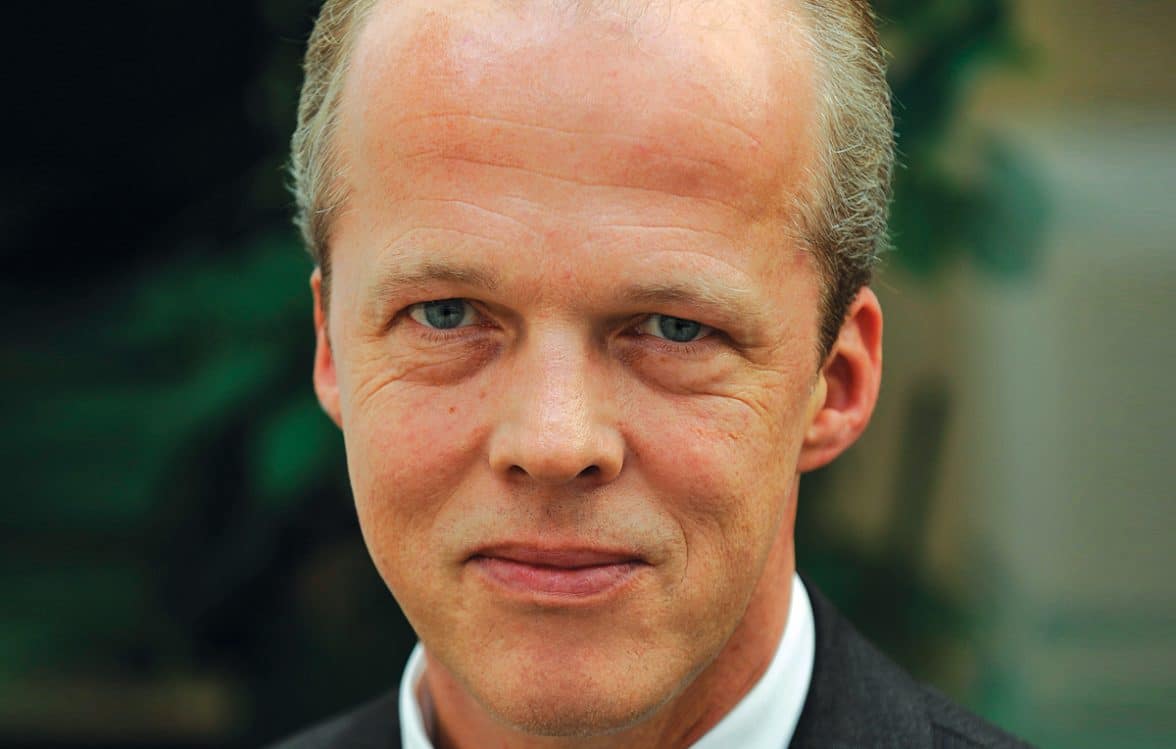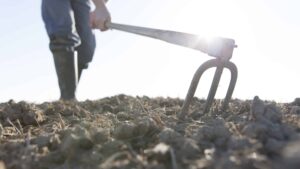While out driving in the Belgian countryside recently, I was stuck in traffic behind a large tractor whose driver was manoeuvring his vehicle on narrow roads during planting season. While I marvelled at the equipment (growing up on a farm, I learned to drive a Massey Ferguson at the age of 11), my friend who was with me was cursing the farmer. Where did this hatred come from?
More and more, environmental activists (by and large cosmopolitan zealots) have turned the focus of their confrontational communication strategies away from industry and onto those who grow the food we eat. Conventional farmers who use seed technology, synthetic fertilisers and pesticides have been brandished by some as “industrial agriculture” — portrayed as an evil profession that pollutes the planet for profit and does not care about our well-being.
In this simplistic black and white view of the world, these farmers apparently stand in contrast to the romantic vision of the organic farmer: men and women who love the land and care for consumer health, communally living off the land and bringing their products to local markets. This fits the environmental activists’ stance against agri-science’s solutions to meet the food needs of a growing and increasingly affluent global population. In this view, the solution is that we can all farm out of our urban window boxes and roof gardens and put an end to conventional industrial farmers, who are choking the planet and poisoning the land (not to mention blocking traffic).
Some examples of these perceptions are:
- Activist documentaries like “Food, Inc.” or “Dirt! The Movie” present an image that vilifies farming as a profit-driven weapon of industrialisation that has saturated the planet, mistreated animals and destroyed human health.
- Neo-Malthusian groups like Friends of the Earth present a portrait of conventional, “industrial agriculture” as a diseased patient whose prospects are bleak unless we perform radical surgery.
- Activist scientists like Dave Goulson portray farmers as stupid and misinformed, arguing that they use pesticides without thinking, unaware that they do not work. In this view, farmers are systematically killing all of the bees and hence, shortly, all of humanity — therefore, farmers need educating!
- Californians criticise agriculture for sucking the state’s water table dry during the present drought, leaving them with little to water their lawns and golf courses. Boycotts of almonds have even been arranged to try to stop farmers. In this view, these farms also apparently encourage the inflow of illegal immigrants.
- In the European Union it is widely perceived that farmers do not actually have to grow anything and they live merely on subsidies. In this view, the EU Common Agricultural Policy pays these farmers to represent a “heritage”.
The romanticisation of the organic farmer as some rustic saint from an eco-religion that pines for the good ole days has grown with the viral power of social media — repeated regularly within like-minded thought silos. While sickeningly naive, and potentially catastrophic to conditions for food security with a growing population, we need to be aware that the growing pressure on farmers to adapt 18th century farming practices runs the risk of either destroying the farming profession or public trust.
What does a farmer need to turn a seed into sustenance? First a reliable seed technology is necessary. Water is essential as is warmth. The land needs nutrients which the plant extracts and passes to the consumer. The farmer also needs tools to protect the crop from pests and other natural obstacles. Most importantly, farming is a labour of love.
The environmental activists are trying to block seed technology, limit irrigation, restrict fertilisers and ban the most effective pesticides. While they may think that farmers can feed the world on the basis of love alone, this is just unrealistic.
The vulgarity of vilifying farmers is that the social media communications success of these naive idealists is hurting the means of putting food on our plates.
Editor’s Note: David Zaruk is the Risk Monger. He is an EU risk and science communications specialist and assistant professor adjunct at the Facultés Universitaires Saint-Louis. You can read more of his thoughts online at: www.facebook.com/riskmonger and risk-monger.blogactiv.eu.












